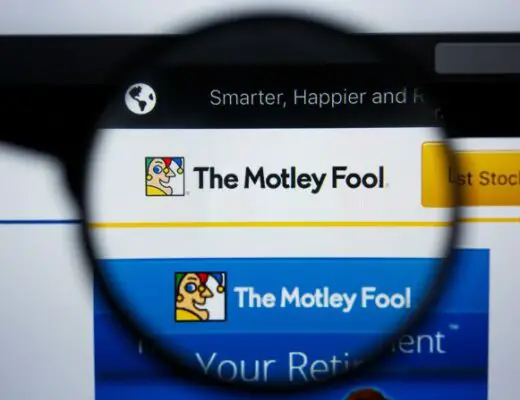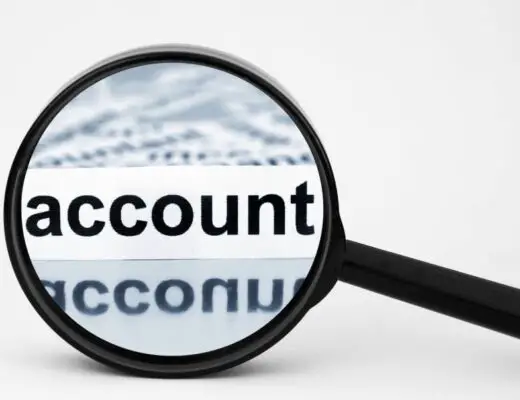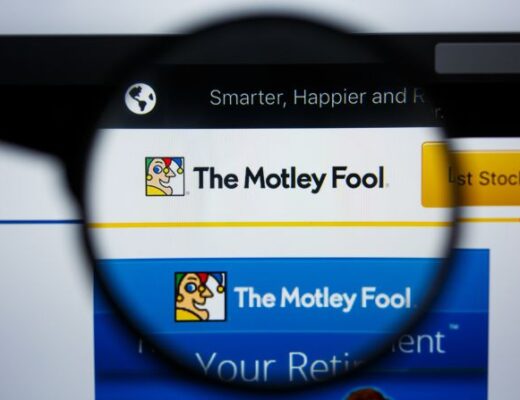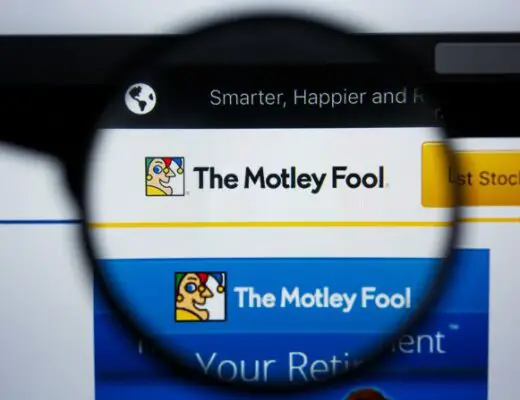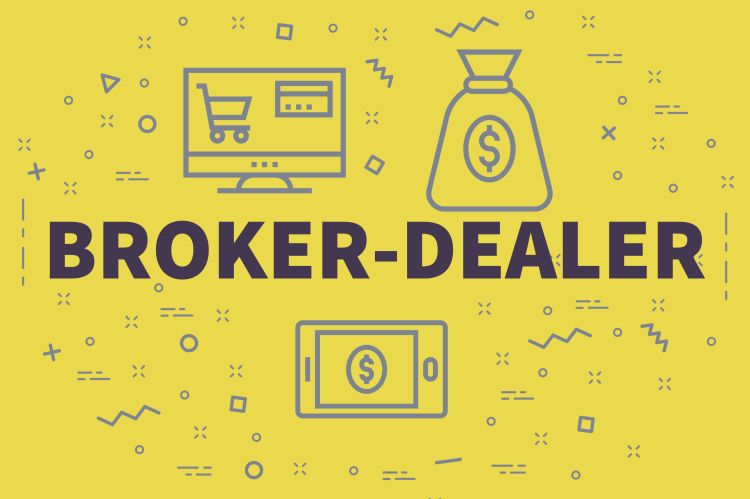
CommonCentsMom.com is advertiser-supported: we may earn compensation from the products and offers mentioned in this article. However, any expressed opinions are our own and aren't influenced by compensation. The contents of the CommonCentsMom.com website, such as text, graphics, images, and other material contained on this site (“Content”) are for informational purposes only. The Content is not intended to be a substitute for professional financial or legal advice. Always seek the advice of your Financial Advisor, CPA and Lawyer with any questions you may have regarding your situation. Never disregard professional advice or delay in seeking it because of something you have read on this website!
Nowadays, many people have started to rely on modern methods for their investment decisions. As they are able to do so at any time and anywhere, they prefer doing it online instead of visiting a brick-and-mortar office, such as by investing in broker-dealers. When it comes to broker-dealers, some people prefer to choose third parties such as banks or credit unions.
But is this the right choice? Can banks be broker-dealers, and should you choose them as your broker-dealer compared to others? Let’s dive into it.
What Does a Broker Dealer Do?
A broker dealer is a type of securities firm that works with customers to manage their money. The firm, which can be an individual or a corporation, can trade for its own account or for others. In the past, most broker dealers had full-service offices where clients could come in and discuss their investments.
Today, many broker dealers have a high-tech presence that includes online services. Broker dealers usually offer investment advice as well as the ability to buy and sell stocks and other securities. The firm may also make markets in bonds and other products.
Broker-dealers gain profit through brokerage fees. Brokerage fees are charged per trade. Traders charge them when they place a trade on an exchange. Broker-dealers charge either a flat fee per trade or a commission depending on a set percentage. Meanwhile, dealers carry out trades for themselves and make money by selling securities at a higher price than the asking price. It is common practice for investment companies to make money by buying a security and then selling it later for a higher price.
Advantages of a Bank Being a Broker Dealer
When a bank or a credit union decides to outsource its investment services to a third-party broker-dealer, it is able to save valuable time and money by allowing that third-party to handle the necessary functions. This involves supervision and compliance and operations, their communication with customers, management of their data, and tech.
Disadvantages of a Bank Being a Broker Dealer
The main disadvantage of this arrangement is that it assumes that the service provided will be universal, which is a common problem when you outsource a service from third parties. Internally managed broker-dealers, on the other hand, are able to focus entirely on their clients’ business and tailor their offerings to their needs.
Some financial institutions may not be able to get the investment services they need from third-party broker-dealers, specifically if their programs involve complex incentive compensation plans.
What to Consider
The advantages and disadvantages of using a broker-dealer may be decided based on your investment needs. The financial institution that is to act as your broker-dealer should have the ability to provide the services you need.
If you are going to invest with a broker-dealer, it is important that you choose one that is licensed and regulated by a regulatory agency. This ensures that the services provided are secure and transparent. It also ensures that the investment will be managed in accordance with your specific needs.


